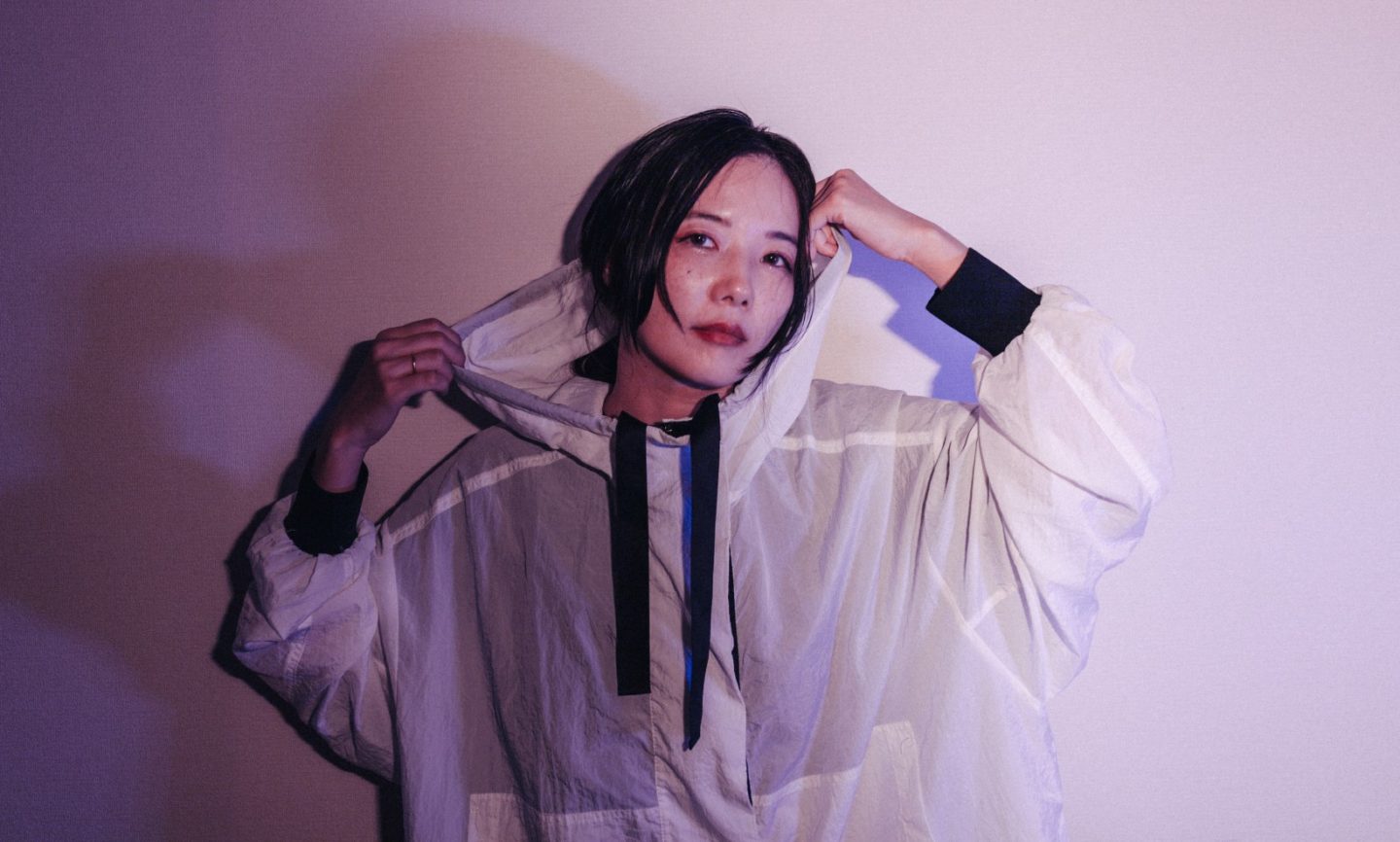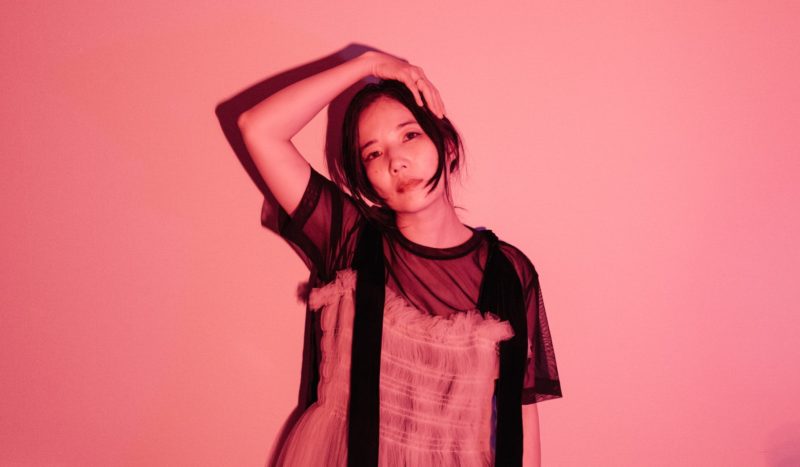Japanese artist Cuushe has, up to now, made dreampop in the richest sense of the term, making songs that shone with vivid colour, swirling with soft, graceful glow. But now on her new album, WAKEN, she’s moved in a different direction. That colour and life is still there, but it’s been reshaped into something new. Dream pop songs still have a home on the album, but its sound is heavier, busier and sharper than her previous work. With influences from club music, the songs on WAKEN are more hectic and harder than before.
But even with that evolution, WAKEN is full of superbly-detailed, luxurious soundscapes you could spend hours immersed in. Whether the music is tight and up-close in songs like Emergence, or full of space and light like Magic, its still wonderfully drawn and layered, an album that lends itself to getting lost in. We had a quick chat with Cuushe about it.
Your new album WAKEN is your first in a long time. When and where did you start work on this one?
There is a toughness to the sound in places on this album. Since the last record, you’ve suffered both harassment [Cuushe told Resident Advisor about how she was stalked and harassed for several years by producer Ametsub] and a hospitalisation. Is that aggression in certain songs a way for you to process the darkness of those events?
After the incident and harassment, I was confined to the house for a long time, and I got sick and was hospitalized. Now there is Covid-19, but even before that I couldn’t go out for a long time either way, and the reaction to that pushed me in a dance-oriented direction, I guess. Rather than aggression with the darkness, it’s more of a reaction to not being able to move.
What were the new inspirations you took into the making of this album, both musical inspirations and inspirations from outside of the music world?

You’ve collaborated with the artist Yoko Kuno on your album covers, and in videos such as Magic. How does that collaboration, the interaction of visual art and music, work for you? How does it feel as a musician to see physical forms grow up around your sound?
The songs on this album do have stronger elements from the world of club music than you’ve explored before, and next year you’re releasing an album of WAKEN remixes. What can we expect from that, and is WAKEN an album you’ve excited to see other artists interpret?
Every Monday we’re updating the 50-track-strong Listen AHEAD Playlist on Spotify, adding ten strong songs by sill relatively unknown artists at the beginning. This week’s new picks also include fresh songs from Toby Whyle, Teen Creeps, Karima Francis, Talkboy. Follow the playlist right here on Spotify and give these new talents a chance.



